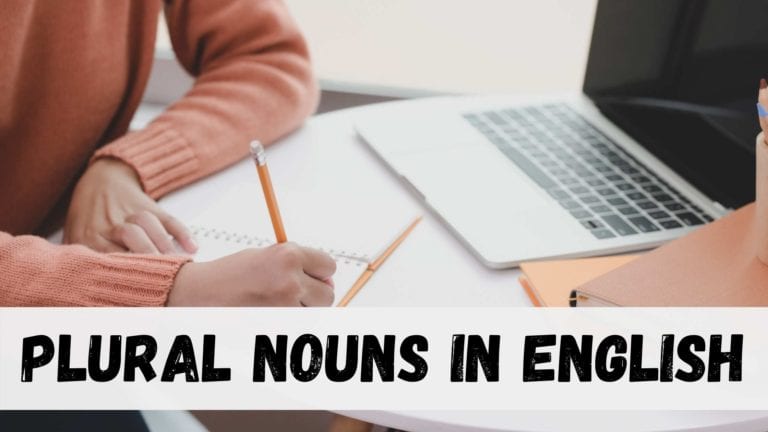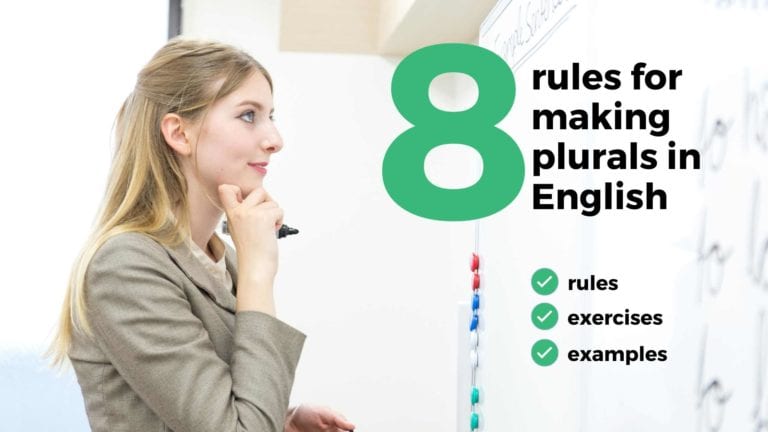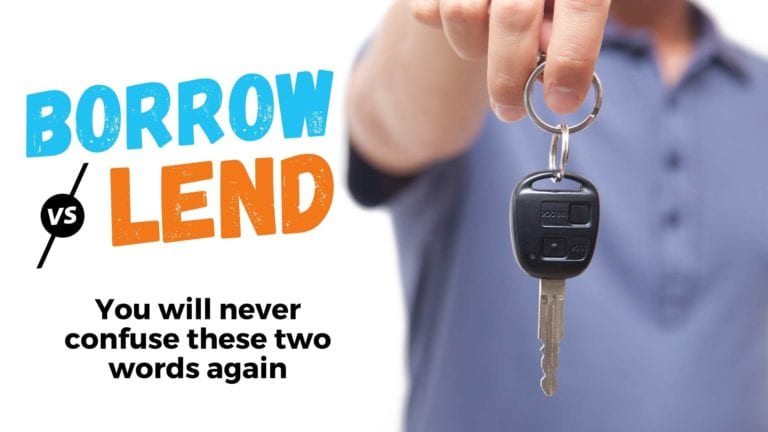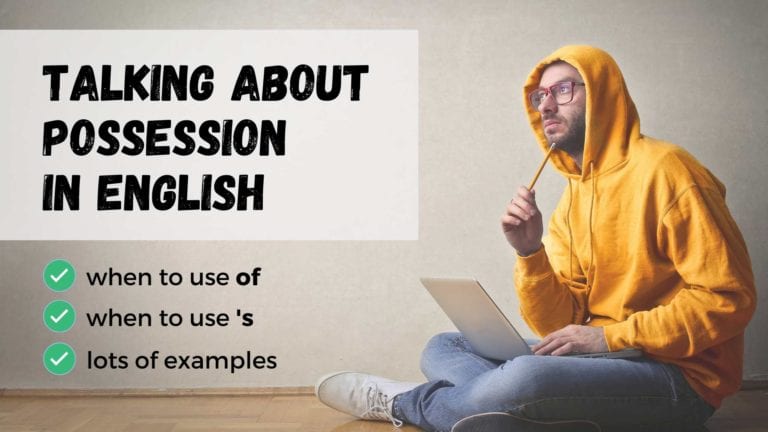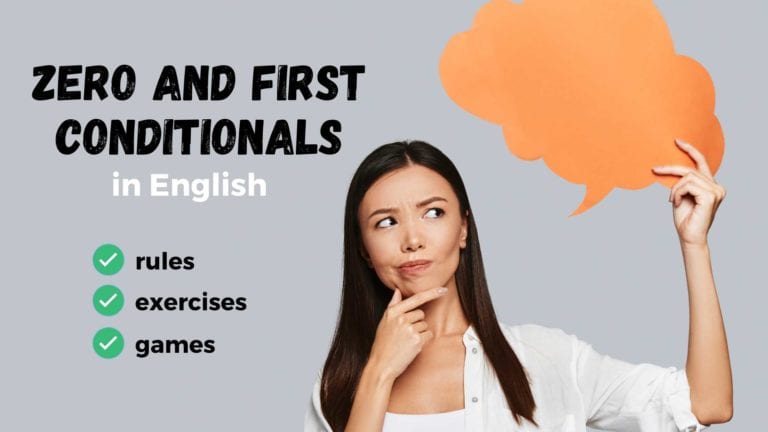Plural Nouns in English: Learn the Rules with Games and Exercises
Let’s talk about plural nouns in English! For most nouns, the rule is simple: add the letter s to the end of the word, and that forms the plural version. This happens with common words like book, sofa, chair, computer, phone, car, and many others. If a word ends in the letters s, x, z, ch, and sh, you add es to the end to…

